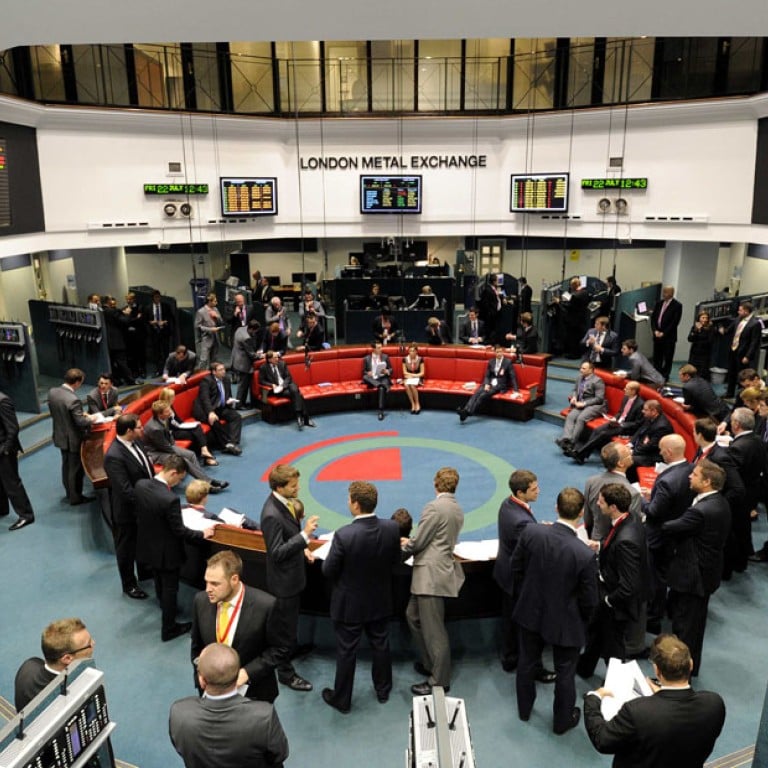
Lure foreign listings with high standards, not mere polish
I like that bit about "weaknesses" of the IPO market. This was published in what is some days the thickest section of this newspaper, what with all the announcements of China IPOs being listed in Hong Kong.
I like that bit about "weaknesses" of the IPO market. This was published in what is some days the thickest section of this newspaper, what with all the announcements of China IPOs being listed in Hong Kong.
Will the rush survive the introduction of new responsibility rules for sponsors? Hmmm … I wonder.
But why stop at dreaming about "a greater variety of companies and from a wider range of countries"? We could also expand in a different dimension by attracting bond, currency and commodity trading. In fact our stock exchange has already done it with the purchase of the London Metal Exchange.
And why stop even there? Let's do boats. Let's do cars. Fashion underwear is a hot market. Let's have that one too.
Let's actually stop and consider what we are doing here. A stock market benefits our entrepreneurs by giving them a way of raising capital outside of bank channels or their own savings. It also gives them or their heirs a way of cashing in at least part of the value of the enterprises they have built up. This makes for happier entrepreneur families … sometimes.
For the wider population a stock market offers a savings channel other than deposits and property. It allows people to participate directly in the growth of their economy, and it does so right at home where they know the companies and the players. Foreign listings never attract quite such interest. That's why Asian countries except one or two throwback regimes have their own stock exchanges.
But what people really want from a stock exchange is security. That's why we talk of "securities". People want to be sure that they have good legal title to the shares they buy, to their dividends, and to any money they may raise from selling these shares.
They also expect law enforcement to act vigorously against fraud or any other malfeasance on the part of listed-company directors.
So what would we get from listing South Korean companies in Hong Kong?
The Hong Kong investor gets little. He can as easily get his financial "adviser" to buy the stock in Korea as in Hong Kong. He will find more liquidity in the market there and the distance to Seoul is no barrier when a communications signal jumps it in less than a hundredth of a second.
Nor is there much point for Korean companies in listing in Hong Kong unless, and this is the big "unless", it is much cheaper to do so here, and the listing requirements are much easier. Seoul is otherwise the natural home.
Thus in order to attract Korean listings, we must put ourselves under pressure to make our stock exchange a soft touch, to subvert those very virtues of security that we most value in owning Hong Kong registered stock.
What little regulatory control we then retain is also subverted. A Hong Kong regulator has no authority in Seoul.
The only real winner, and it is a short-term gain only, is our exchange, a private company, which will see its profits rise through listing fees and some slight income from trading, provided we have dropped our standards so low that the Korean company lists nowhere else. If it also lists in Seoul, then the bulk of the trading will remain Seoul-registered.
Why bother? Why undermine our own good name like this?
The answer is that our government thinks this is a good way to polish up Hong Kong's reputation as a financial centre. It's all in the polish, all in short-term appearance alone.
I have nothing against attracting foreign listings, but there is only one good way to do it. It is to make no concessions, to "enhance" no framework, but to stick with sound and rigorous listing requirements, to enforce them closely and to prosecute all frauds.
If this repels foreign listings, so be it. But it may just attract them, too. There is real value in virtue sometimes.

